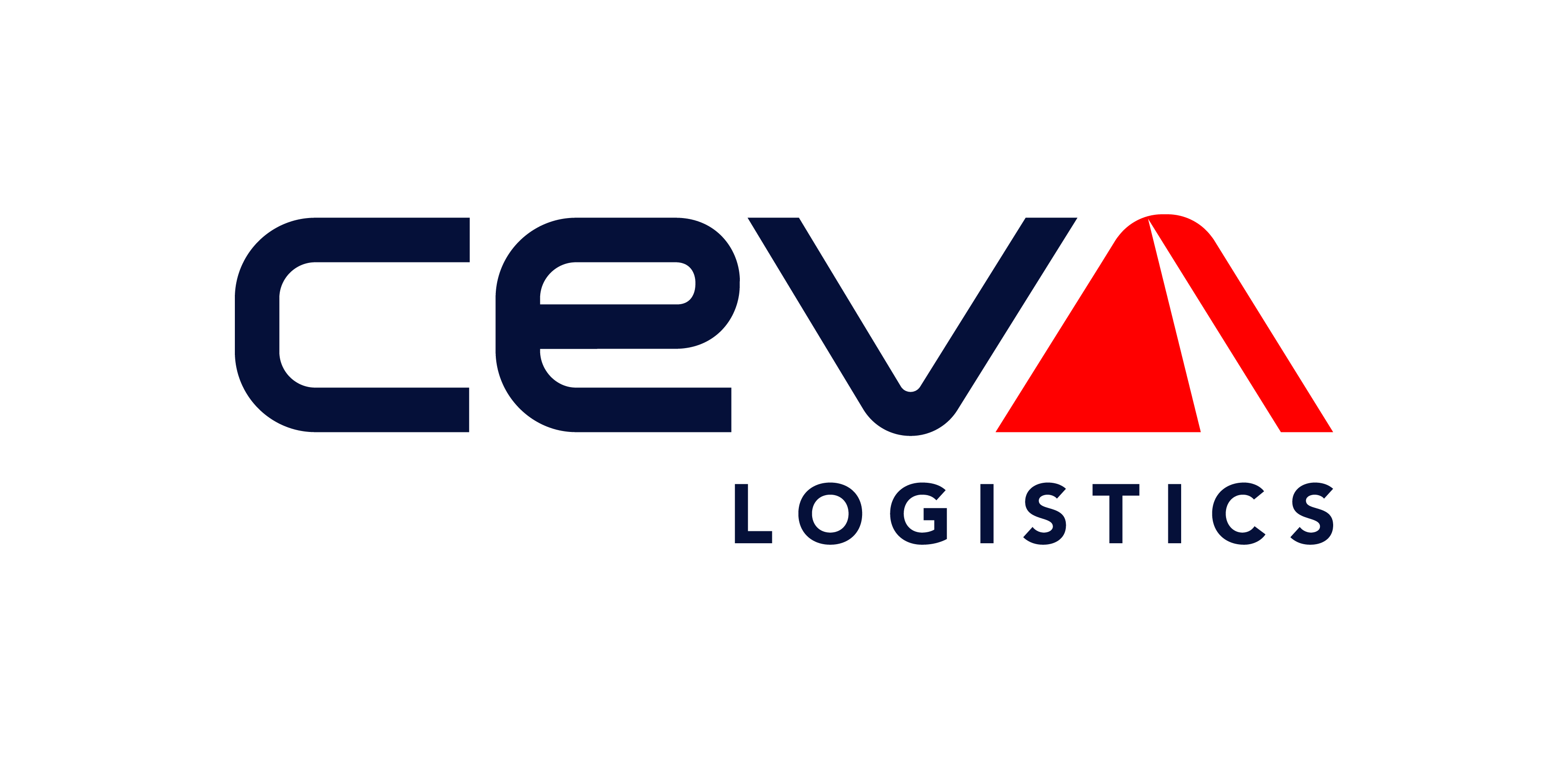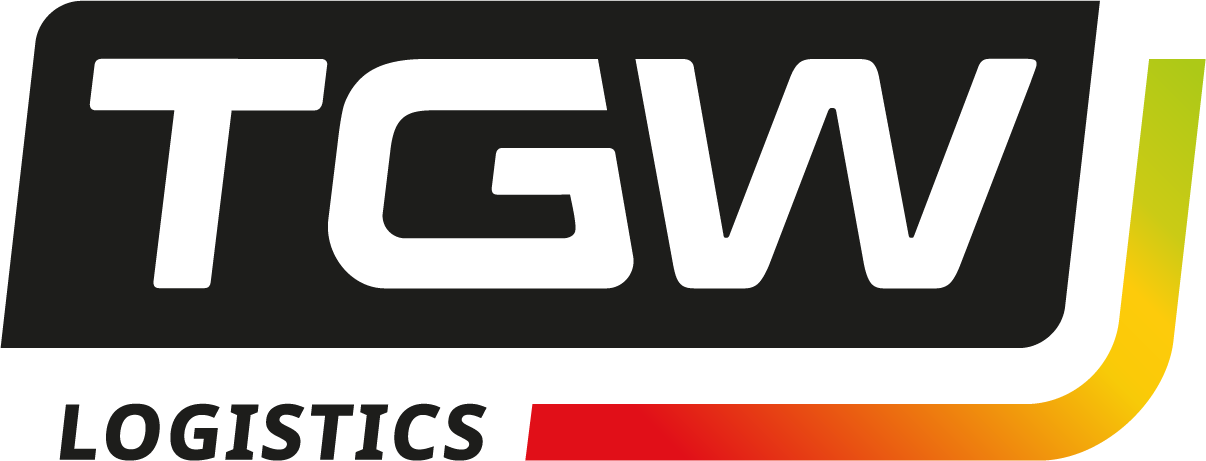Conference 2025
-
- Real-World Insights from 20+ Years in Automation - Learn from Ocado’s successes and failures to navigate warehouse automation effectively
- Optimising warehouse efficiency - Discover how to maximise productivity and streamline operations using advanced automation technology
- How flexible automation solutions can support your business - Explore how Ocado’s automation solutions can enhance efficiency across a wide range of industry sectors

-
- The Skypod® system as a comprehensive AS/RS solution that removes the need for complex subsystems while integrating key processes like order buffering, strict sequencing, and full-case handling.
- Explore the latest features of Skypod and see how its innovations can enhance efficiency.
- Discover how Skypod can streamline your warehouse operations for improved performance.

-
- Why Modernization is imperative
- Why warehouse workers see tech as an ally
- How AI will create game-changing applications


-
- Learn how Right Size technology can futureproof your business and bring your packaging processes up to date. Reduce cost, reduce waste, become more sustainable.
- See real world examples of how companies like yours are benefitting from Right Size packaging solutions.
- Discover how Right Size can streamline your packaging operations for improved performance and cost benefits.

-
-
You don't have to move to a larger warehouse to install automation.
-
Warehouse automation should not be complex to use for your people it should complement.
-
Warehouse Automation can grow as you grow, going end state in 10 years now isn't necessary at point of purchase.

-
-
- Discover why intelligent software is central to achieving vital supply chain management and control in your operations.
- Learn how reducing risk in your automation digital landscape can better integrate people, goods and technology.
- Understand how to leverage your time to value to stay ahead of the market

-
-
Adapting to Supply Chain Shifts: Address the impact of nearshoring, supplier issues, and inventory surpluses.
-
Benchmarking for Success: Use global metrics to evaluate performance and overcome inventory challenges.
-
Leveraging AI: Discover opportunities for improved forecasting and planning, even with low adoption rates.

-
-
- Understanding the advantages and disadvantages of hanging garments versus flat storage, and learn how to make informed decisions based on your specific requirements
- Discovering how automated hanging garment systems can help overcome common challenges fashion businesses face, such as labour shortages, inventory management and efficiency
- Gaining insights into emerging trends and technologies in the fashion industry, and learning how hanging garment technology can help fashion companies stay ahead of the curve and position their business for long-term success

-
- Enhance AMR solutions with effective support and maintenance for seamless integration and optimal performance.
- Leverage industry expertise to provide tailored services for system integrators and businesses using Chinese automation solutions.
- Ensure quality through high standards and environmental responsibility, aligning with CE Marking for safe, efficient, and compliant automation services.

-
-
Buzzwords like AI, Machine Learning, and Digital Twins dominate discussions however fundamental logistics processes remain unchanged.
-
Shuttles and AMRs are transforming intra-logistics, making automation indispensable for modern operations.
-
Understanding when and how to integrate these smart technologies can drive efficiency and innovation in warehouse management.

-
-
-
Buzzwords like AI, Machine Learning, and Digital Twins dominate discussions however fundamental logistics processes remain unchanged.
-
Shuttles and AMRs are transforming intra-logistics, making automation indispensable for modern operations.
-
Understanding when and how to integrate these smart technologies can drive efficiency and innovation in warehouse management

-
-
- Exploring customer attitudes and expectations towards efficiency, affordability, visibility, reliability and sustainability
- Discovering how consumer attitudes have shifted in recent years and what factors drive these changes
- Understanding how consumers can influence business decisions made in direct-to-consumer (D2C) supply chains




-
- Assess how smart software and automation enhance warehouse agility and efficiency.
- Explore how intelligent batching, optimised pick paths, and dynamic prioritisation drive productivity and accuracy.
- Study how real-time data insights empower teams to make faster, smarter decisions and improve workforce engagement.

-
- Assess how smart software and automation enhance warehouse agility and efficiency.
- Explore how intelligent batching, optimised pick paths, and dynamic prioritisation drive productivity and accuracy.
- Study how real-time data insights empower teams to make faster, smarter decisions and improve workforce engagement.

-
Session details to follow

-
- What is sortation?
- Challenges faced
- Various methods to solve the challenge

-
- Temporary Buildings as a quick, cost-effective, scalable short or long-term solution
- Applications include storage, workshops, production & loading areas, extensions – almost anything industrial (and not only)
- Common misnomers

-
- AutoStore Multi-Temperature Solution (MTS) with Swisslog: A Game Changer
- AutoStore High-Throughput (HTP) Fulfilment with Swisslog
- Pushing the boundaries

-
- Help logistics operators understand upcoming tax and compliance changes.
- Explain how these changes could affect their operations.
- Provide clear steps to ensure they stay ahead of HMRC enforcement

-
- Warehousing plays a crucial role in the supply chain by managing stock, meeting customer demands, and ensuring efficient order fulfilment.
- The warehousing sector is rapidly expanding, contributing significantly to the economy and driving technological advancements.
- This presentation examines key challenges in warehousing both in the UK and globally, exploring modern technologies and solutions that help businesses overcome these obstacles and improve efficiency.



)
)

)
)
)

)
)
)

)
)



)
)

)
)
)